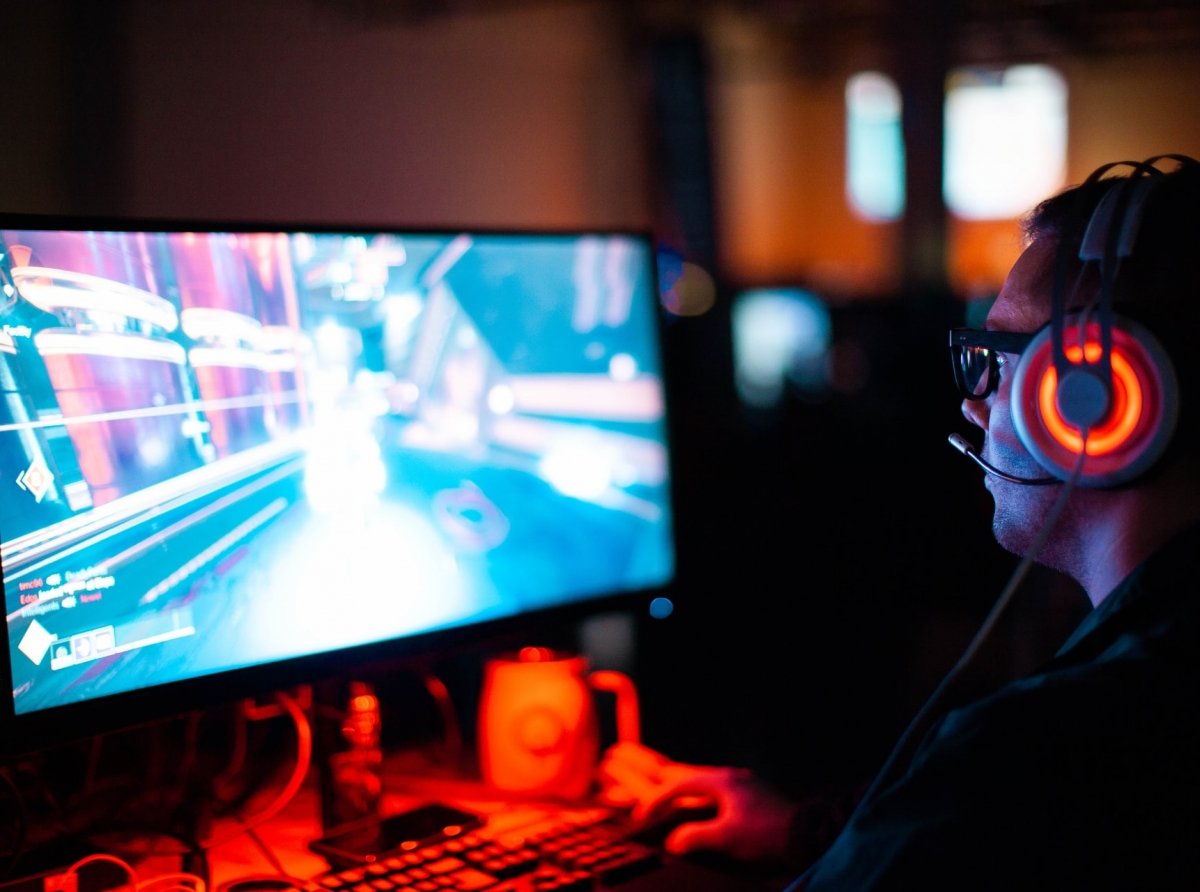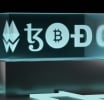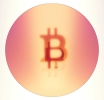Blockchain and its impact on online gaming

Blockchain, the digital recording technology behind Bitcoin, seems to be on everyone's radar these days. Blockchain has revolutionized every industry, from pharmaceuticals to jewelry, and one of its latest targets, the online gaming industry, is expected to be no exception. Consider the key trends that blockchain will bring to the industry.
Blockchain gives players the ability to earn cash
One of the most significant ways in which blockchain will change gaming is by giving gamers true and permanent ownership rights. Today's online gaming industry is largely built on a free-to-play model, which means that developers do not charge players to join a game. Instead, they generate revenue by allowing players to buy virtual assets to unlock more content. Virtual assets are non-physical items that can be purchased with either the game's virtual currency or real money to improve a player's in-game performance or overall experience. From weapons and vehicles to loot crates and skins, displays of personality and status are purely cosmetic items that do not affect gameplay.
However, players do not technically own the assets in which they invest time and money. Virtual goods are really just services within games, but today the market for these services is $60 billion to $100 billion, except that it is useless because very few people benefit. The players themselves don't really own anything, and that seemed okay because it was seen as content. Normally, if you want to buy a piece of real estate, governments offer you a contractual right, but in terms of virtual real estate, you have to trust the organization that profits from it to keep your ownership. Essentially, players are simply paying to display pixels on their screen according to the terms of service dictated by its developer. In the event of a server failure, game cancellation, or centralized decision, the player could lose everything.
In contrast, blockchain-based games such as Second Life and EVE Online change the scenario by transferring ownership of hard-earned virtual assets to players via smart contracts. Here, each asset is represented by a unique non-exchangeable token (NFT), which is tied to game wallets in a decentralized ledger. So there is an opportunity to monetize them in any way the players see fit. This not only protects players from the whims of developers, but also encourages user-generated content and innovation - a win-win for developers and players alike.

Blockchain and its impact on online gaming
Blockchain is used to expand economic opportunities
Digital ownership provides the ability to predict the tangible value of intangible assets. Blockchain lays the foundation for an open economy where anyone can create, sell, or exchange virtual items on a peer-to-peer basis, including outside the game environment. This allows players to make good money. They are no longer passive consumers of content; they are now their own stakeholders.
For those who doubt the profitability of blockchain games, just look at games like CryptoKitties and The Sandbox. Since launching in 2017, players have spent more than $6 million to buy, collect, breed and sell virtual cats that look like Pokémon, each of which is unique and tied to a type of non-interchangeable token called ERC-721. For the developers, this proves the idea of digital scarcity and creating value for an asset that previously had no value. In the pixel-based 2D world-building game The Sandbox, players have already bought more than $1 million worth of digital land, and the latest presale sold out in a matter of minutes.
Moreover, blockchain is paving the way for a whole new type of industry based on "intangible labor," such as gold mining in World of Warcraft or the Voxel architecture in The Sandbox. Hong Kong-based cybersports firm Cyber Games Arena (CGA) has even started hiring players to create signature islands on Animal Crossing with a starting salary of HK$13,000 (about $1,677).
Players will have more power over the industry
Blockchain will empower players and fundamentally change the power dynamics in games that have so far been riddled with monopolies. We are likely to see a revolution in the next five to ten years, with players demanding more rights and freedom in the virtual worlds in which they spend huge amounts of time.
Today on the Internet a lot depends on the services of game companies. They are in a dictatorial position and can change the rules of the game at any time to make a profit. Blockchain, on the other hand, will establish sovereignty because all data is stored on users' computers and the key is in their accounts. Dapper Labs co-founder and Cryptokitties creator Mick Nayen notes the democratizing effect of smart contracts:
"Smart contracts allow a developer to make an immutable, unchangeable set of promises to the user; that the user can trust and potentially vote on. So, we can really start to see these virtual worlds, which are currently dictatorships, moving toward democracy. That, in turn, will move into the real world. My co-founder Roham Garegozlow once said that if my little cat game gives me more rights than a bank, then I'm going to demand them from all the other businesses I interact with.
An ecosystem with more transparency and accountability
For players to want to upgrade or spend real money on virtual assets, the gaming market needs to feel safe. However, in the absence of an accountability system, fraud is still widespread, such as account takeovers and the sale of fake merchandise.
Advertised as a trust technology, blockchain has brought unprecedented transparency to the gaming industry by providing an open, immutable ledger for recording sales. Previously, when you needed to exchange skins or accounts, it had to happen on platforms where people could easily be cheated. Thanks to blockchain and smart contracts, trust-free transactions are now possible, where strangers on the Internet trade autonomously and atomically, without having to go through a third party. The fact that all transactions are time-stamped and tracked makes it virtually impossible to conceal illegal activity. Players can also be assured that what they are paying for is genuine.














Report
My comments